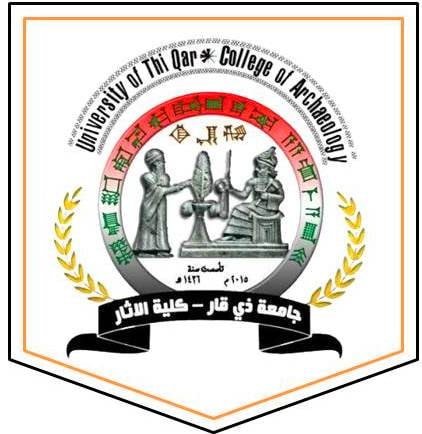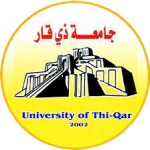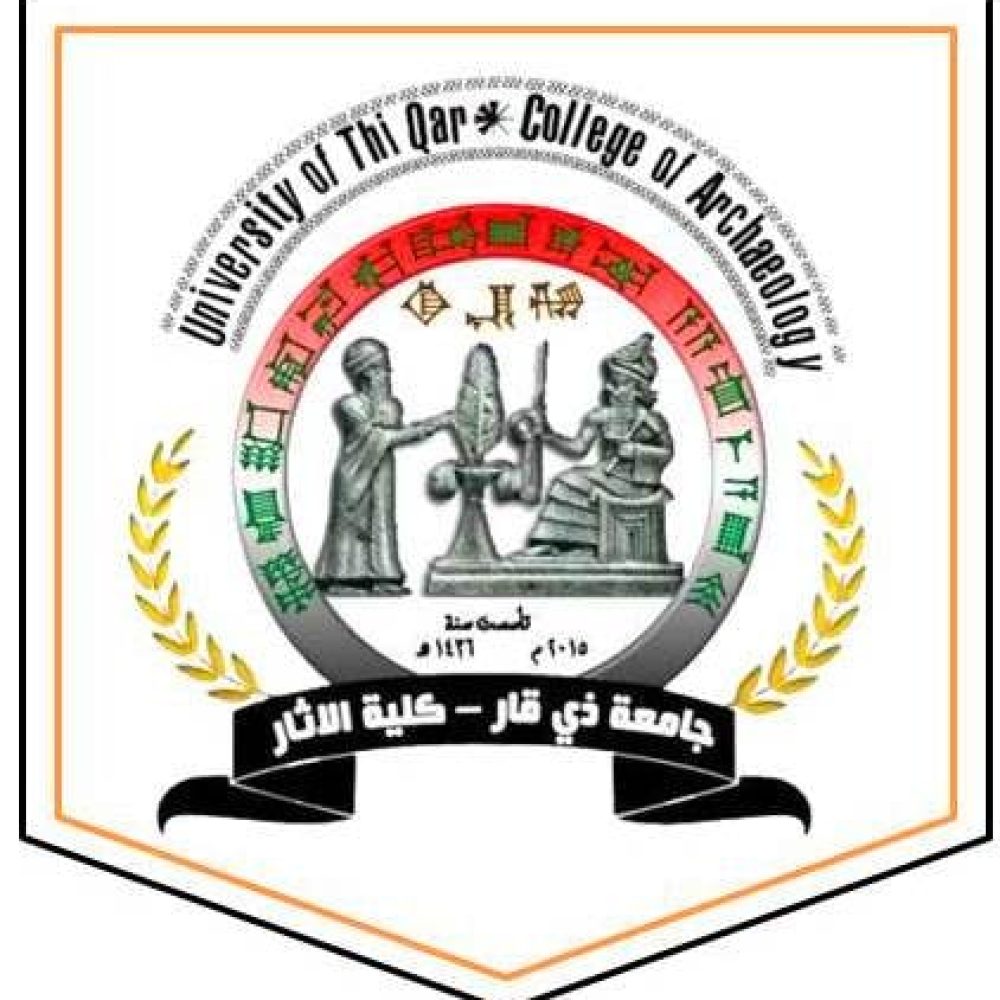Mesopotamian civilization is one of the oldest civilizations in human history, and Iraq’s rich cultural heritage qualified it to be the cradle of the oldest and most ancient civilizations that arose in its lands. Its fertile land contains tens of thousands of ancient and Islamic archaeological sites. In Dhi Qar alone, there are more than 1200 archaeological sites registered so far in the records of the Dhi Qar Antiquities Inspectorate, which include the first dynasties that existed at that time.
Out of our keenness to document and study the antiquities of Iraq and its cultural heritage, introduce it to generations, and strive to create an in-depth knowledge of the origins of this generous civilization, and in pride of the national identity of our dear country, a College of Archeology was established at Dhi Qar University in 2015, in accordance with Ministerial Order No. M2/1/2983 on August 3, 2015. It includes the departments listed below. The college has two departments: the Department of Islamic Archeology and Civilization and the Department of (old)Ancient Archeology and Civilization.
vision,mission,goals
Vision: Primarily highlighting the ancient historical and archaeological heritage of our country, Iraq, and generally opening up to the antiquities and civilizations of other countries around the world by keeping pace with studies, holding seminars, and writing research to raise a conscious generation that preserves the heritage and benefits from its experience throughout history.
Mission: Reviving the science of archaeology from extinction and striving to consolidate it globally using modern scientific mechanisms and technologies that keep pace with the development the world is currently experiencing, and following up on new discoveries and proposals related to that science.
Goals: Preparing specialized cadres in the science of archaeology who contribute to enhancing cultural heritage by providing scientific and cognitive aspects with conscious scientific proposals, avoiding prolixity and verbosity, and training specialized cadres in archaeological excavation and others in deciphering and reading ancient linguistic symbols.


